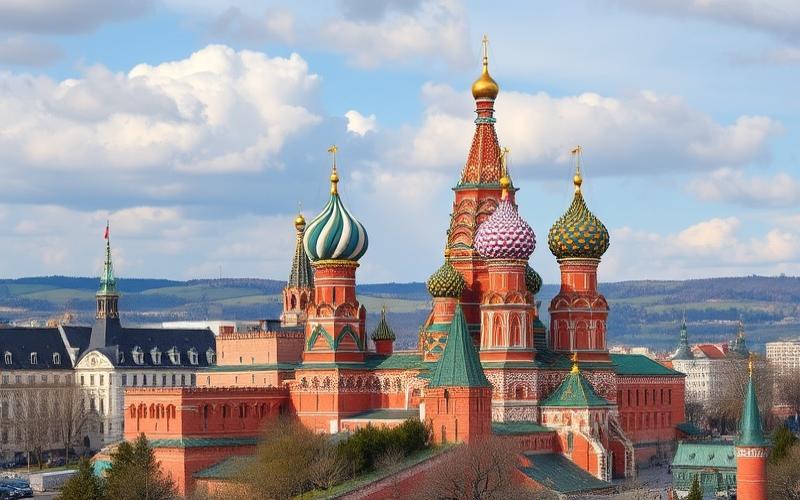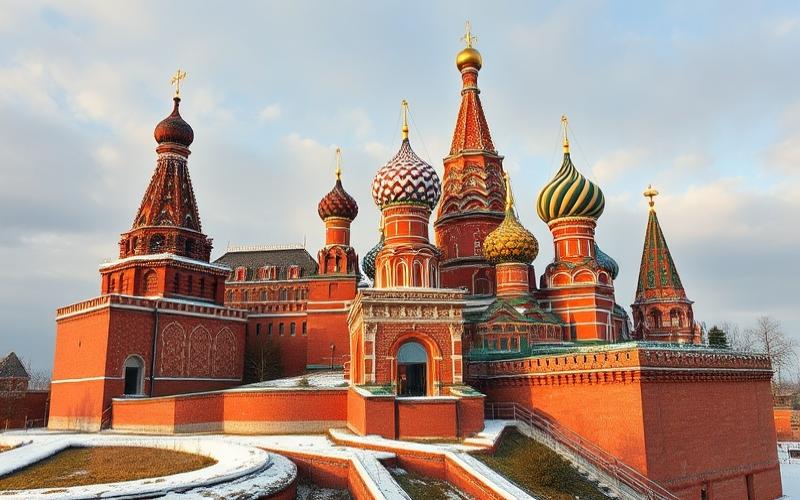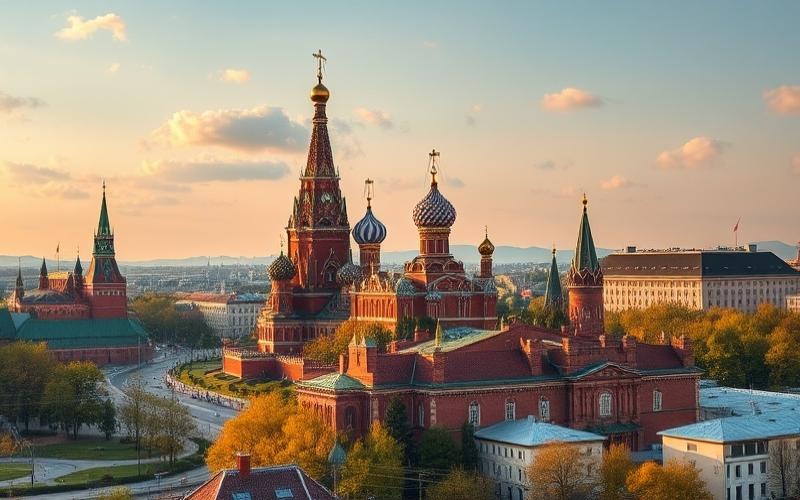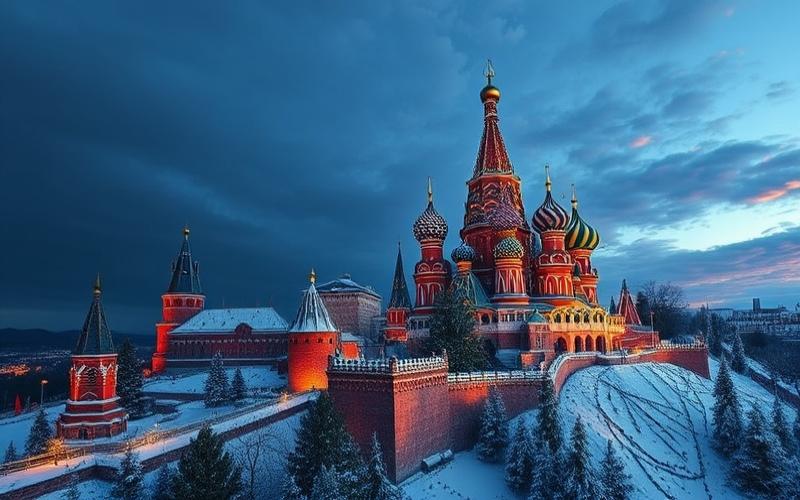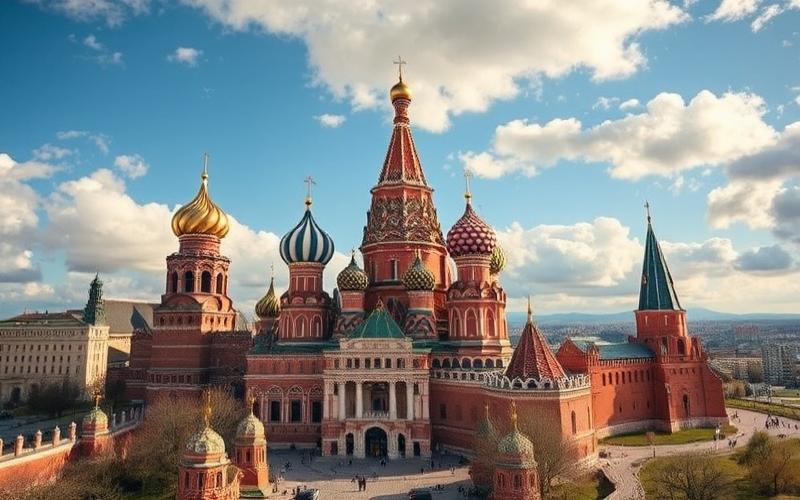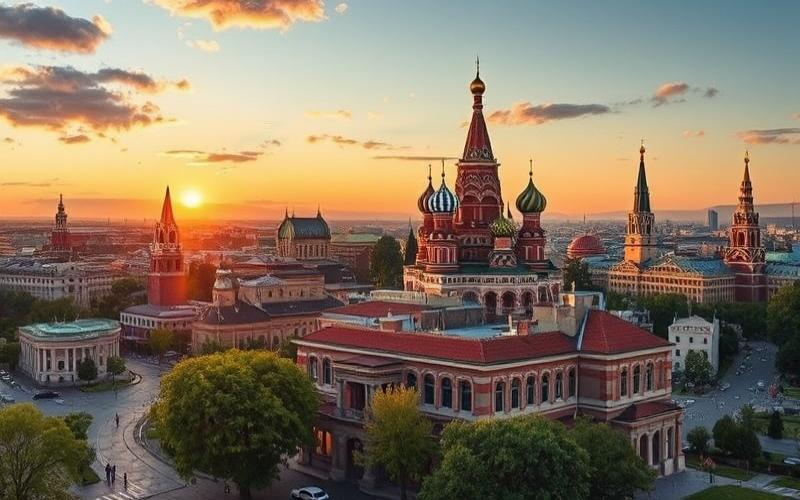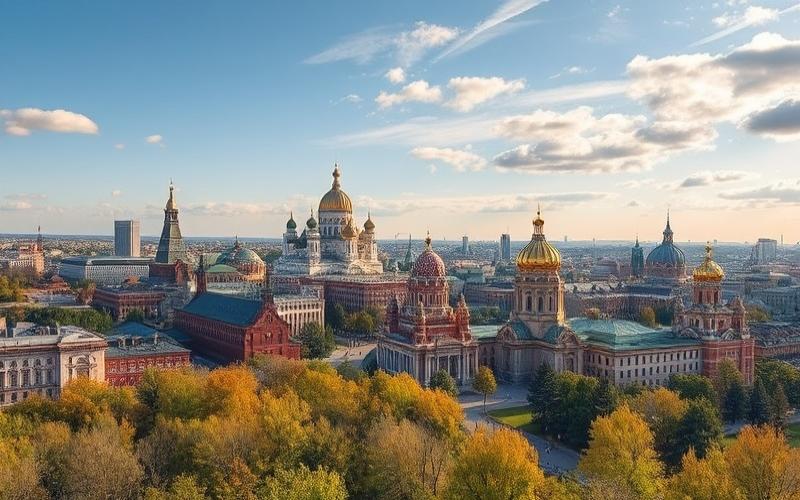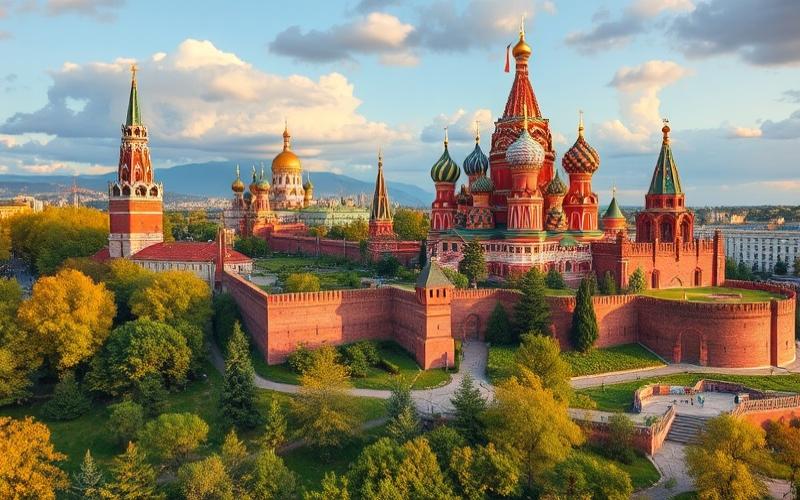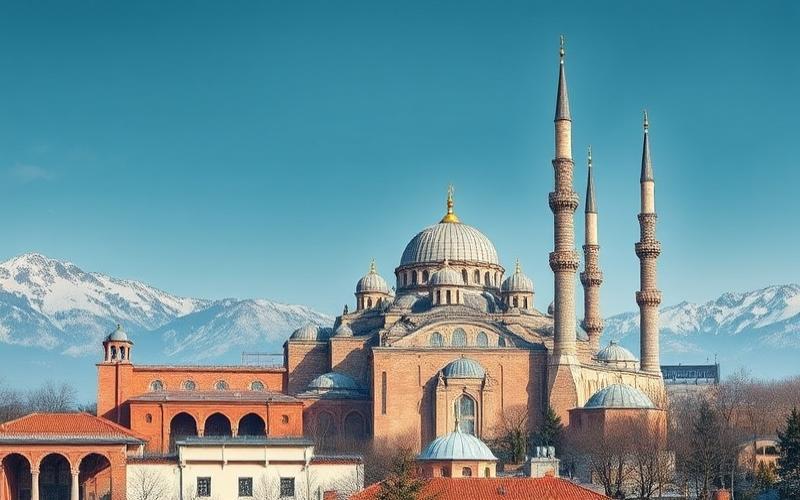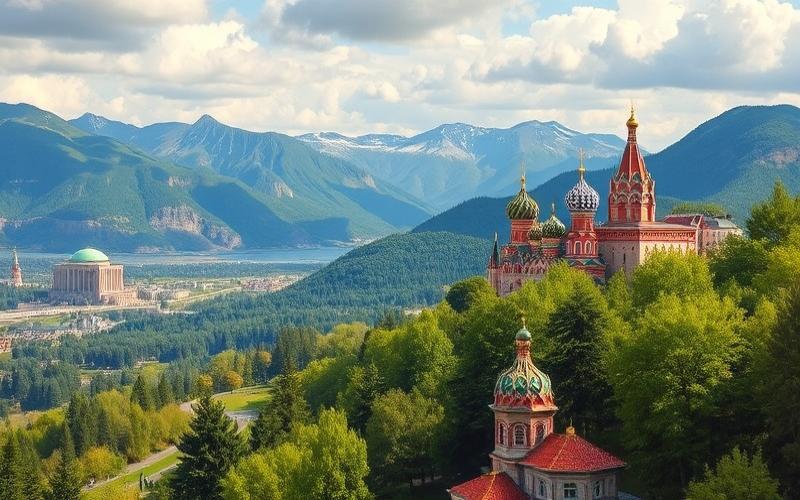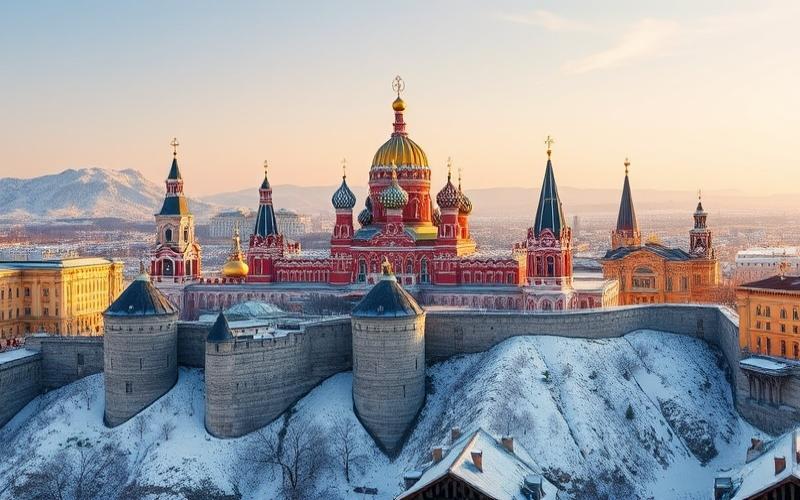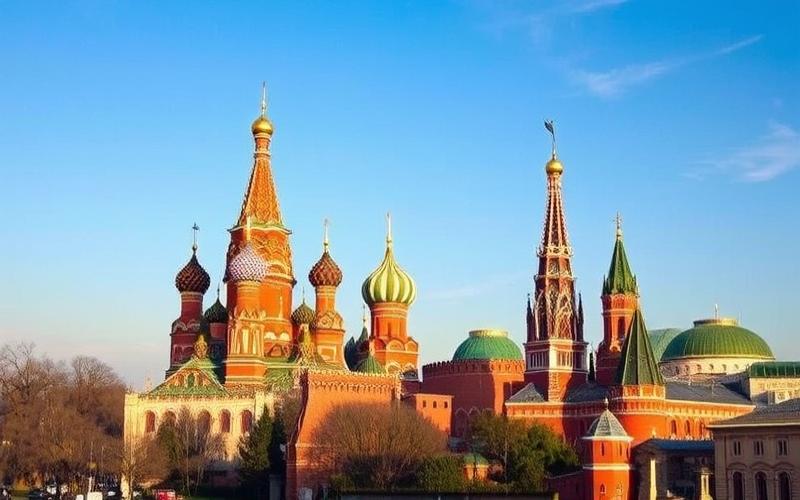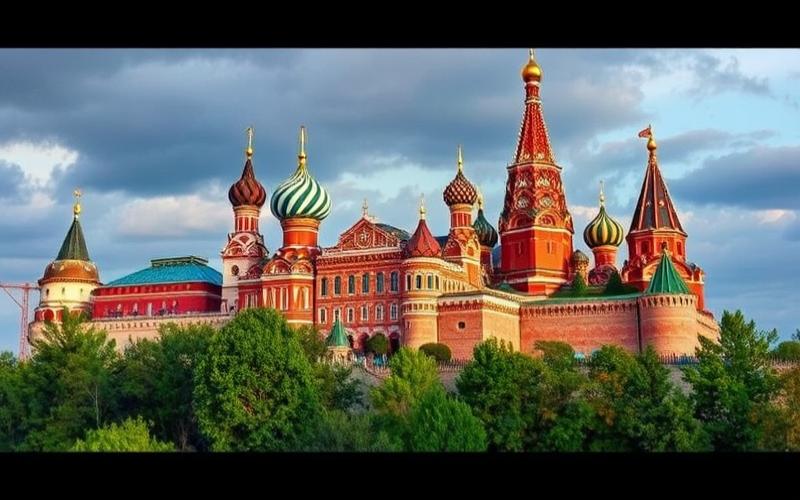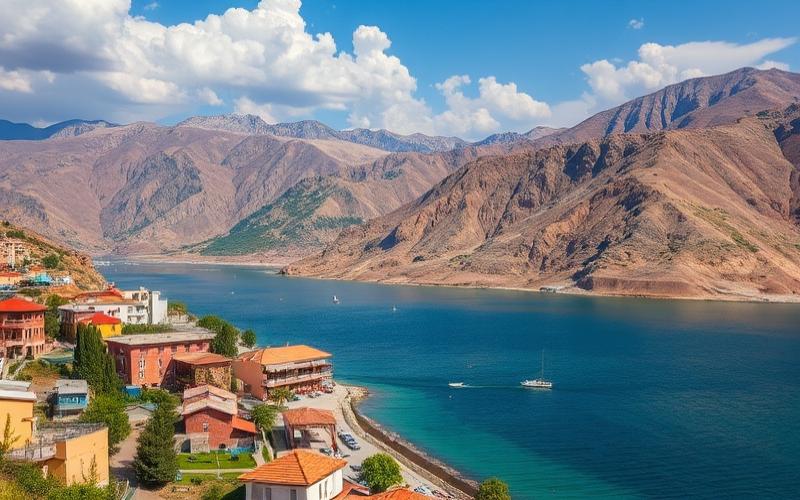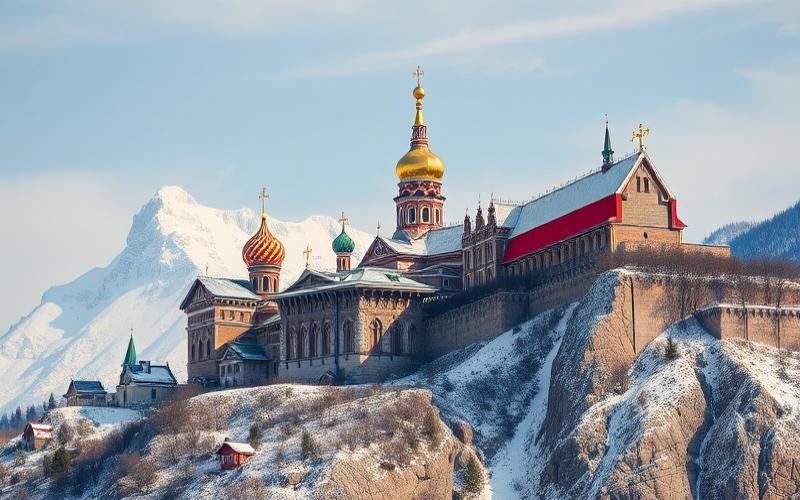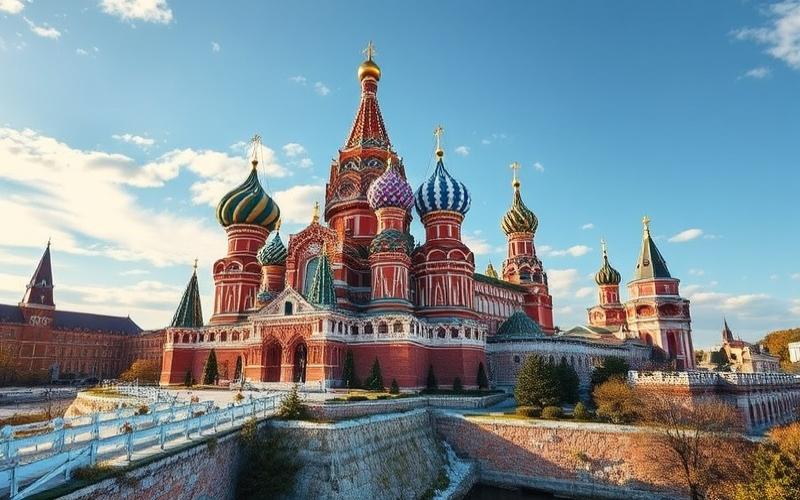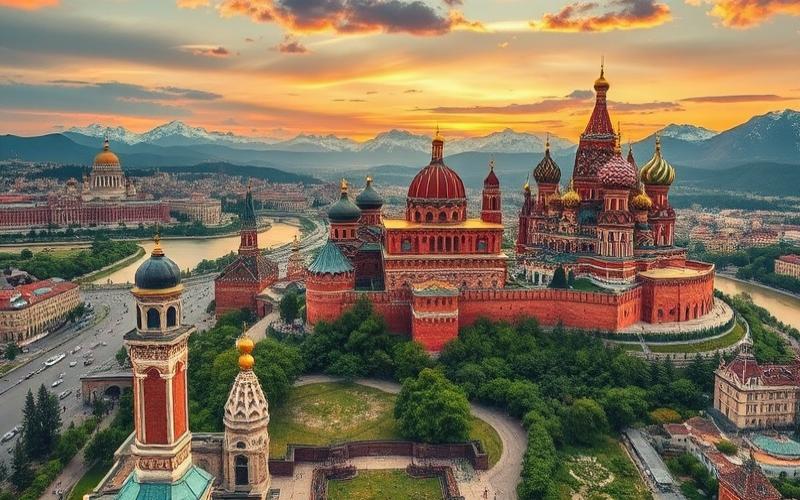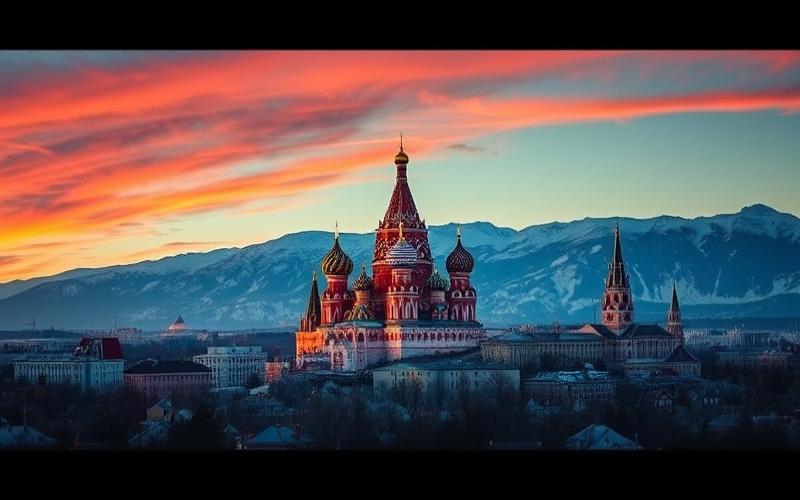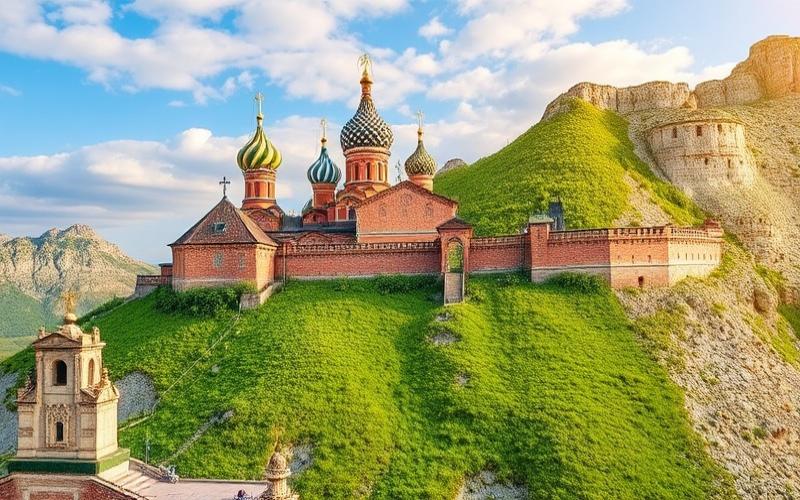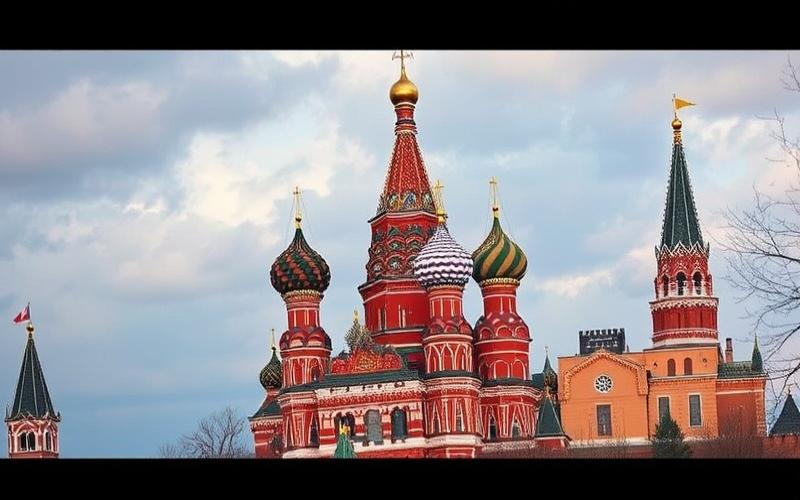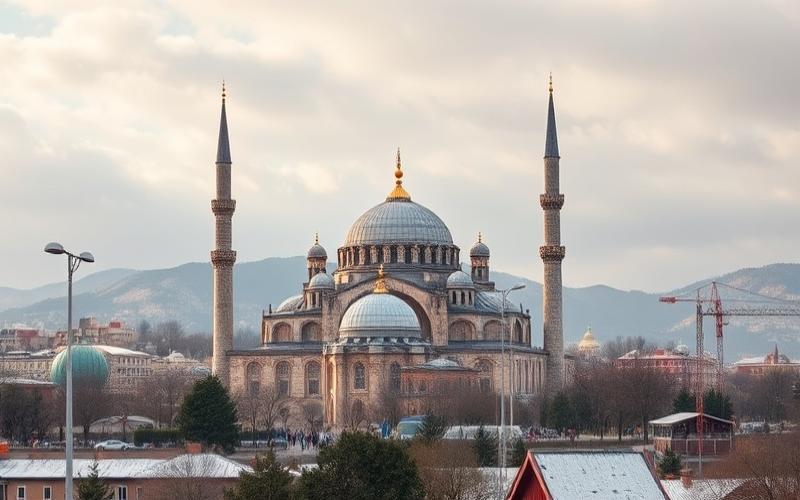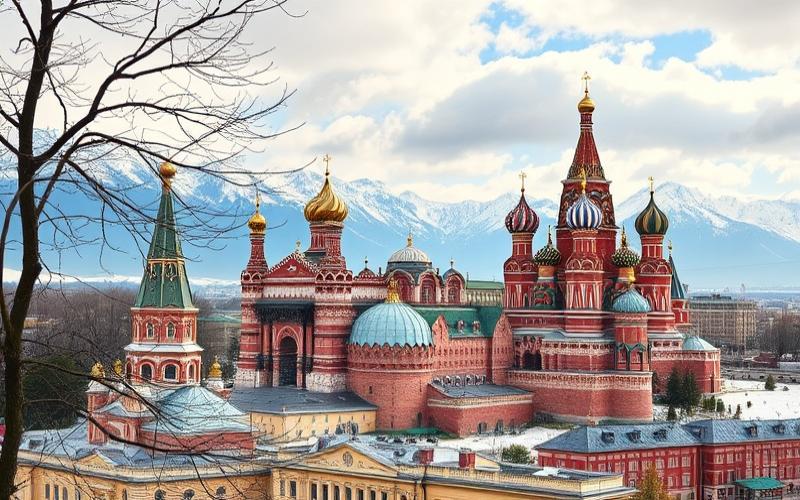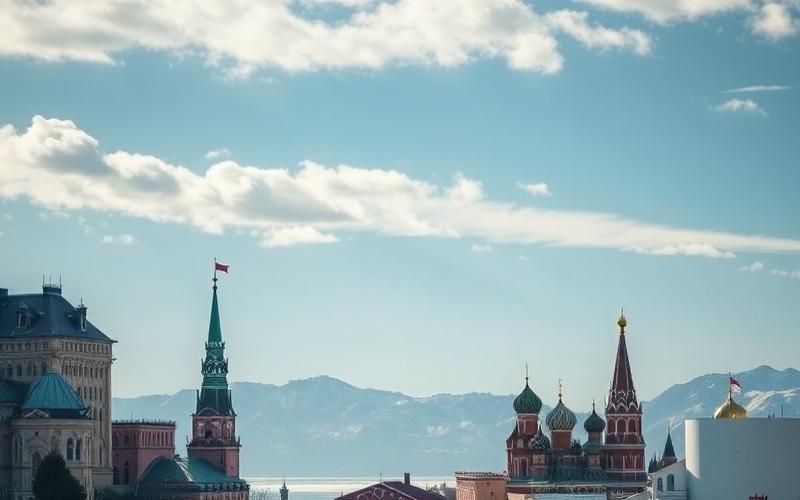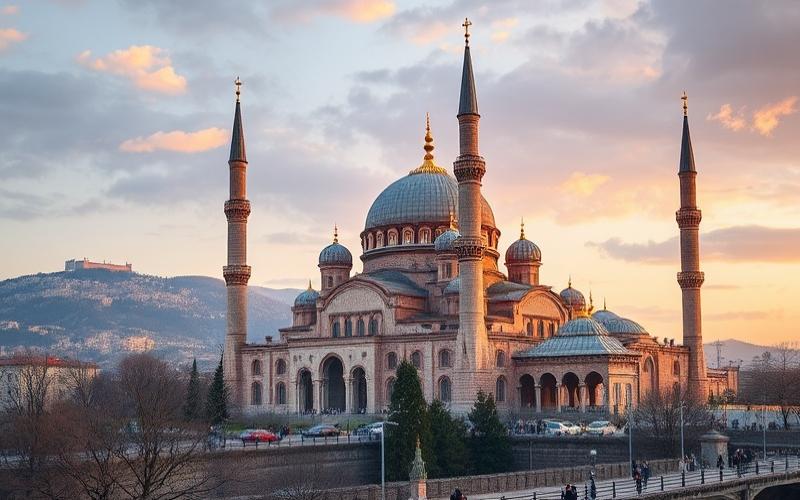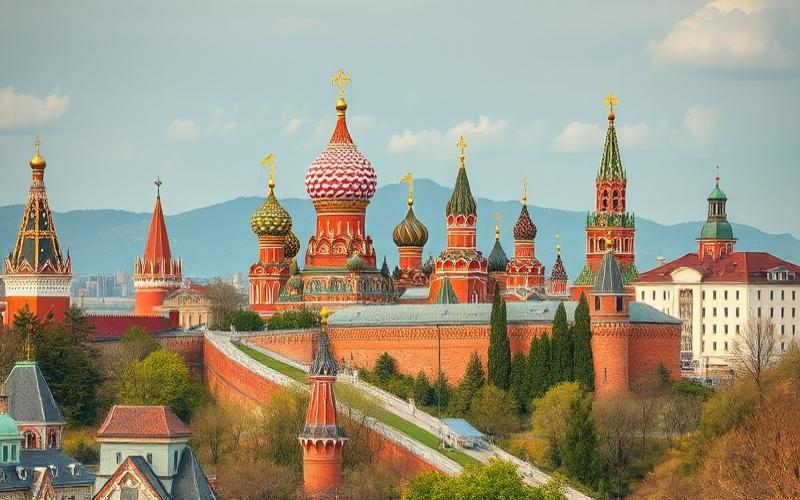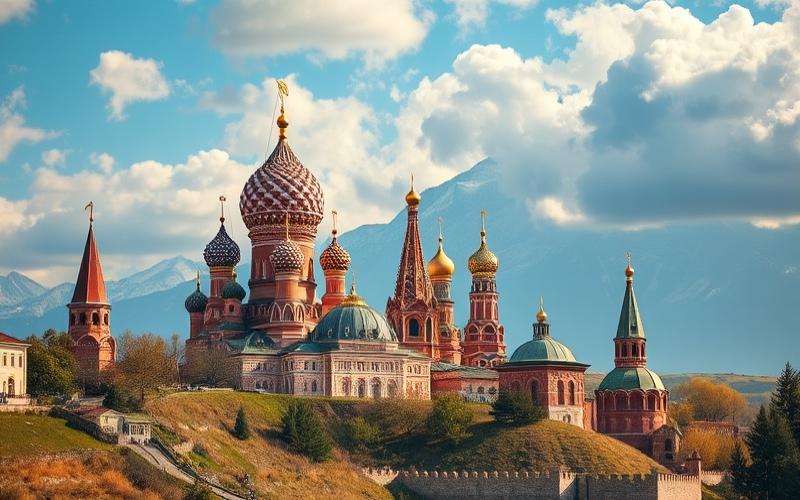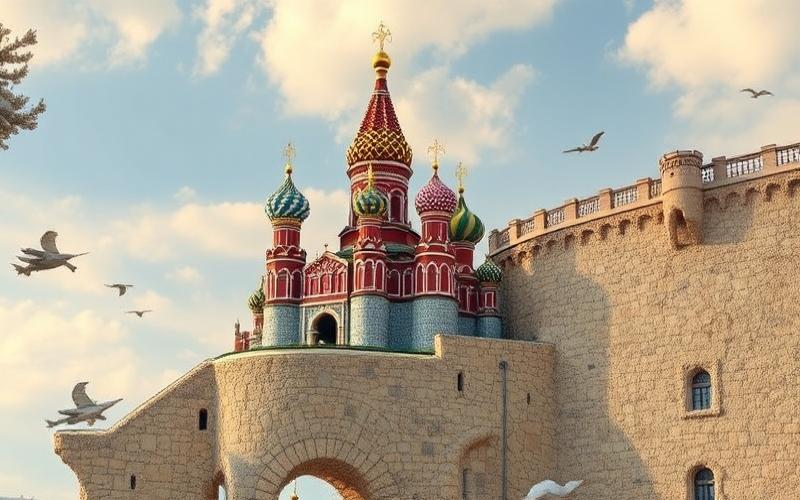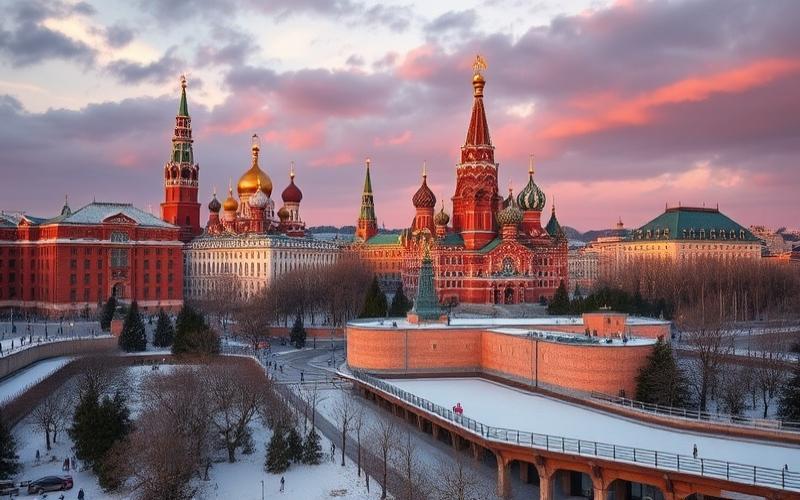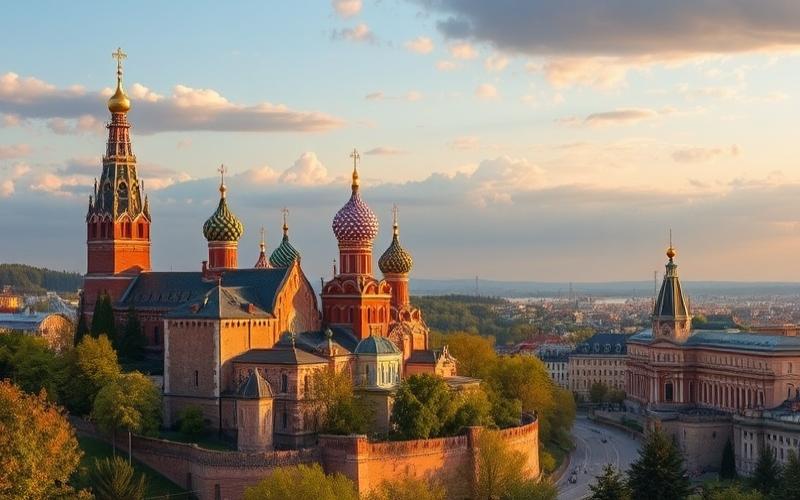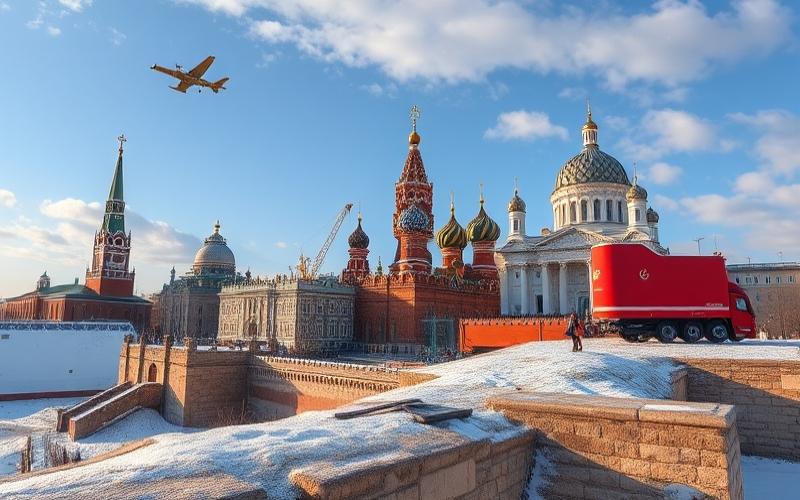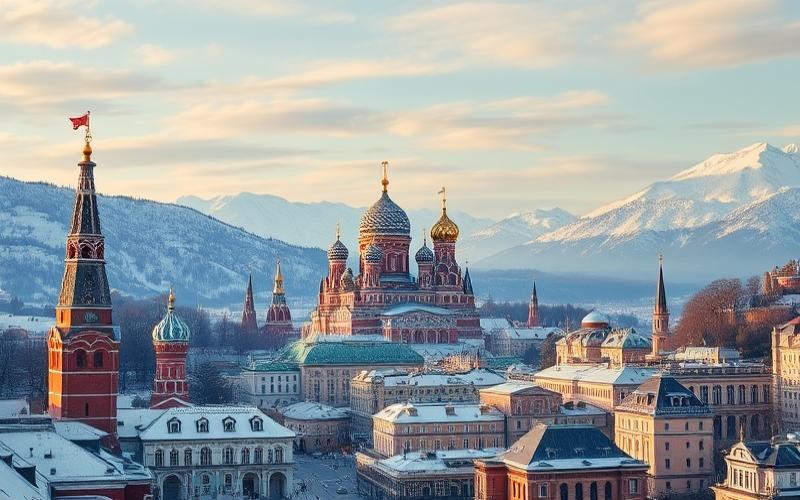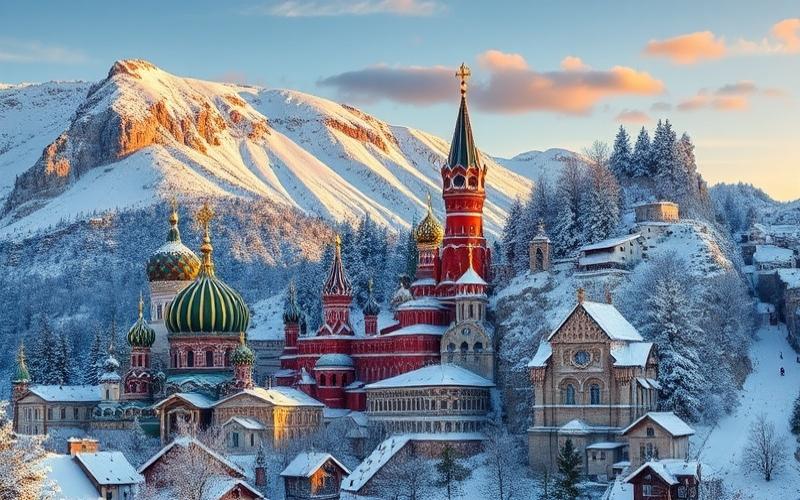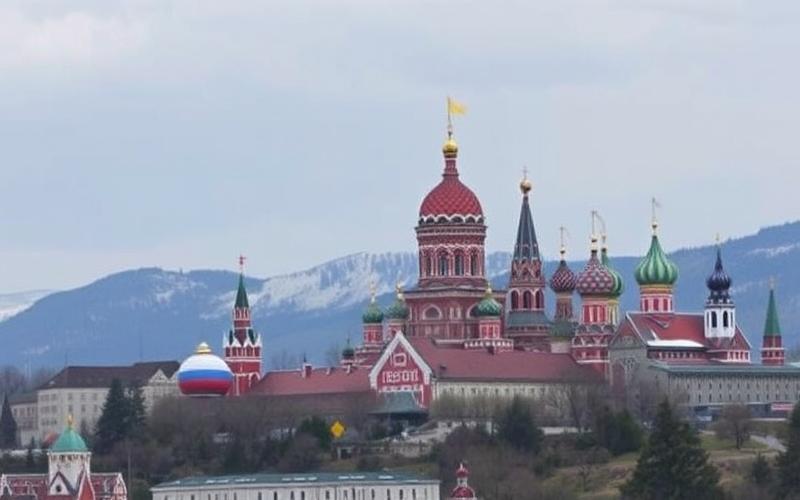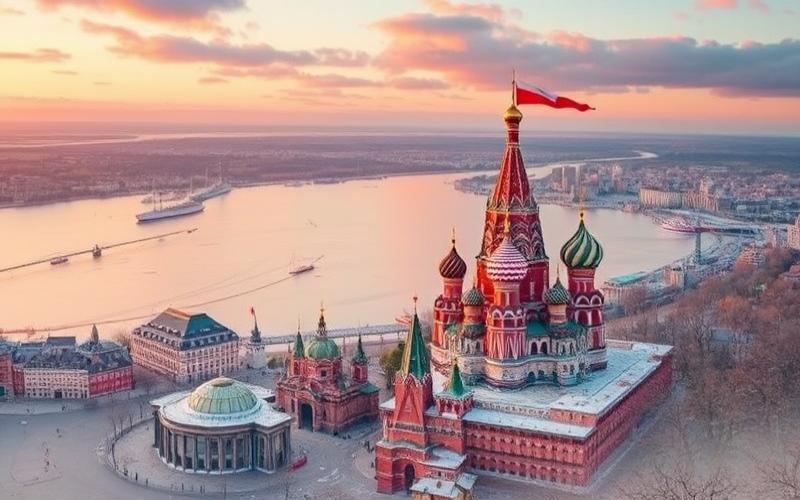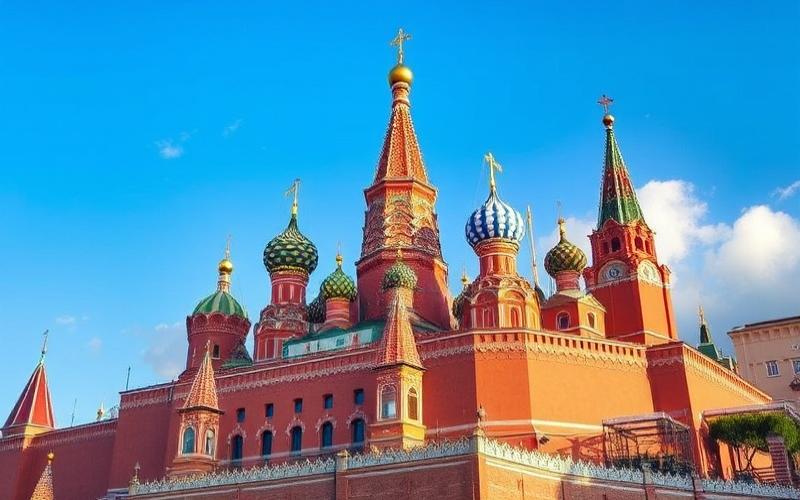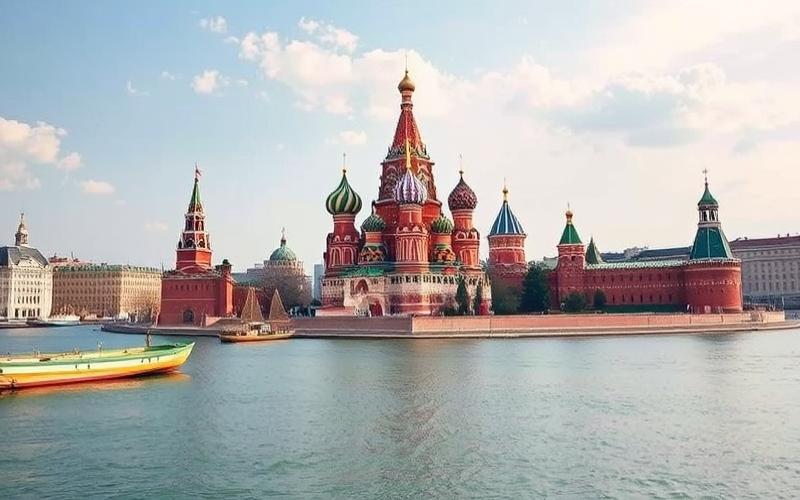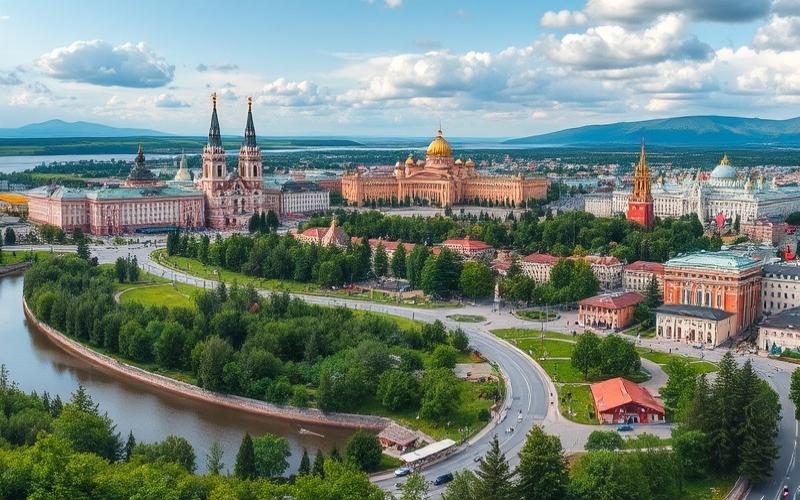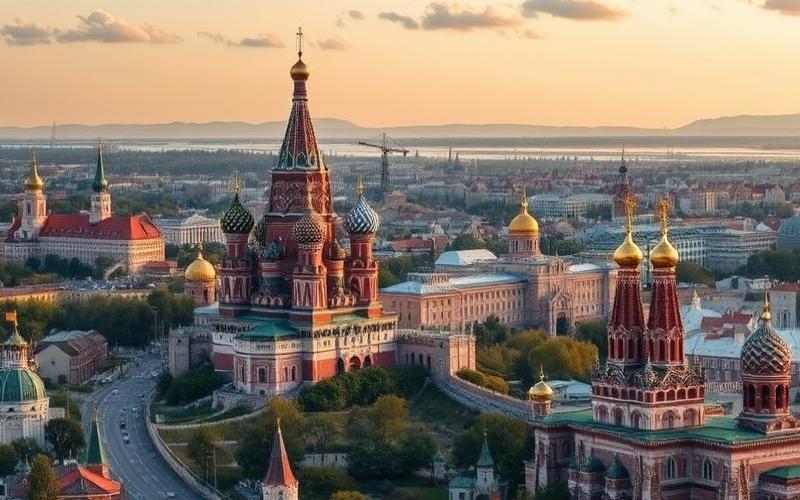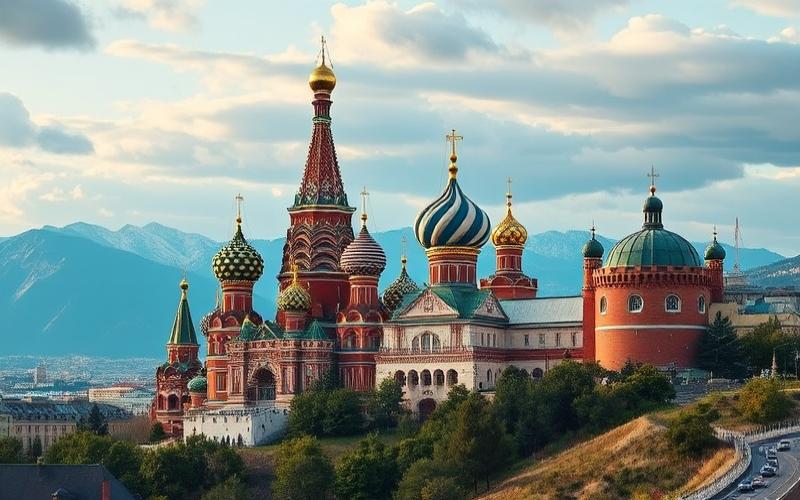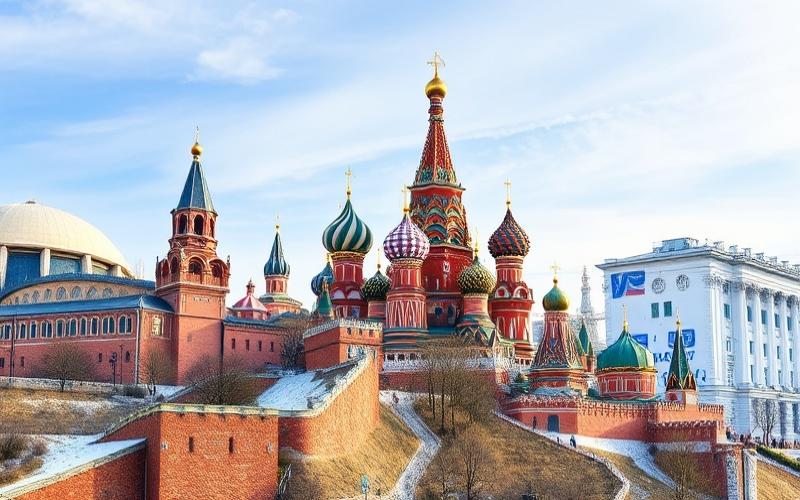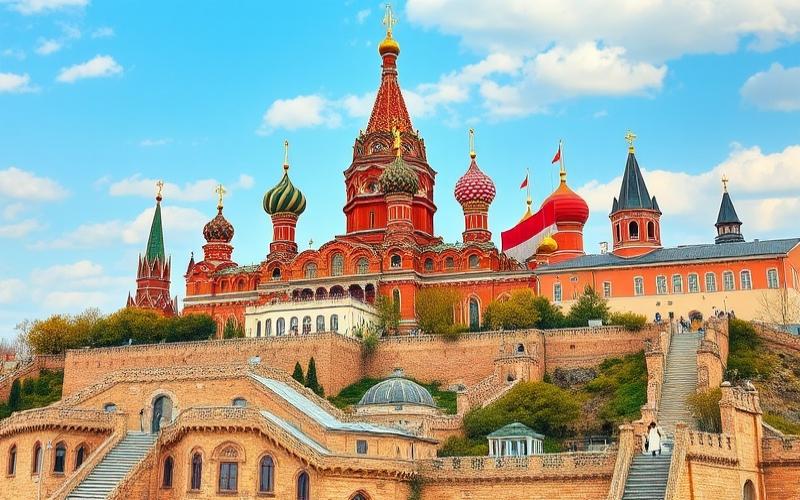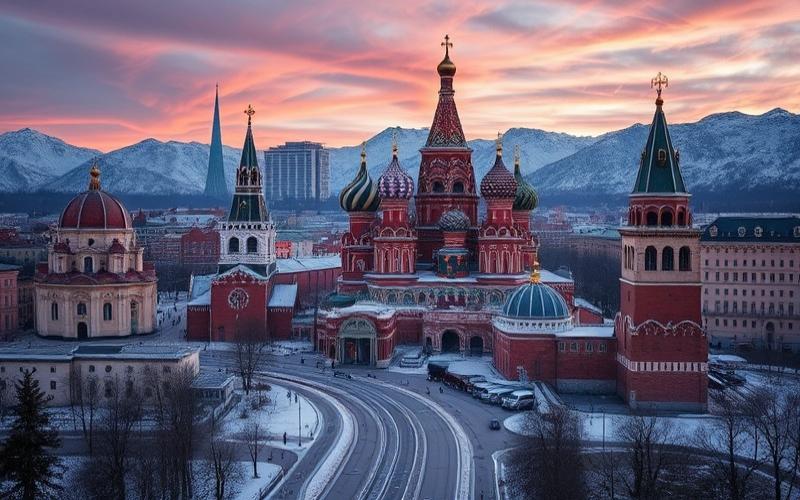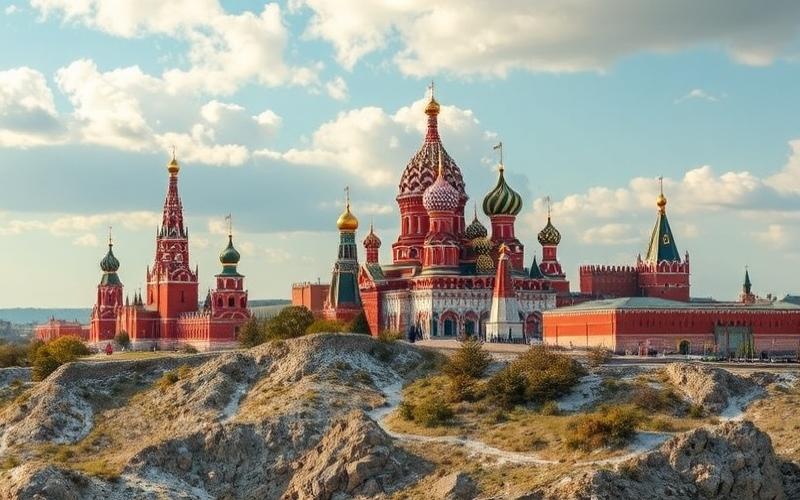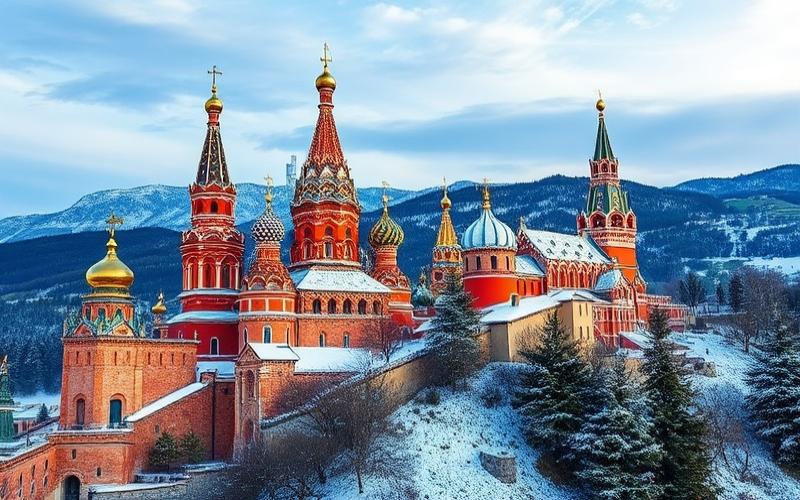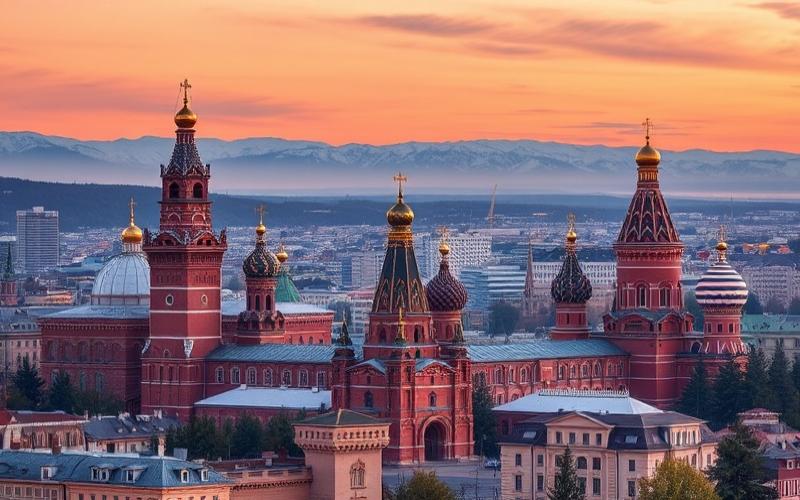
 Published on and written by Cyril Jarnias
Published on and written by Cyril Jarnias
In 2025, foreign nationals’ rights in Russia are facing significant legislative developments that are drawing interest and sometimes concern from international observers and foreign residents. These changes, which include new provisions on visa application procedures, residency criteria, and employer obligations, reflect the country’s intent to adapt its migration policies within an uncertain global context.
While some see these reforms as an opportunity to improve expatriates’ living conditions, others fear increased controls and restrictions. This article aims to decode these recent trends and analyze their potential impact on the international community in Russia as well as on economic and cultural exchanges.
Recent Immigration Reforms in Russia
Key Recent Immigration Reforms in Russia (2025)
- Creation of a new specialized service: On April 2, 2025, Russia established the Citizenship and Foreign Nationals Registration Service under the Ministry of Internal Affairs (MVD). This service centralizes citizenship applications, foreign national registration, and compliance with migration legislation.
- Enactment of two major laws on February 5, 2025, aimed at simplifying deportation procedures and strengthening measures against illegal immigration.
- Introduction of a monitored persons registry (police-controlled), compiling foreigners without legal grounds for stay. These individuals face restrictions on property access, vehicle purchases, loan acquisition, marriage, and freedom of movement. Mandatory police notification for any relocation.
- Tightening of administrative sanctions for any violation of migration rules, particularly regarding entry, exit, and stay.
- Reduction of maximum registration period with migration authorities to one year.
- Accelerated deportation procedure: Police can now expel irregular migrants without prior court decision.
- Possibility of regularization for certain migrants under conditions: submission of biometric data, medical tests, debt payment, and passing Russian language, history, and law exams.
- Streamlined procedures for foreigners who signed contracts with the Russian army or affiliated militias.
Reasons and Objectives of Reforms
- Strengthening domestic security following terrorist attacks (notably the Crocus City Hall attack in 2024) and rising anti-migrant sentiment in public opinion.
- Simplifying and accelerating migration management, particularly for processing citizenship, residence, and work permit applications.
- Combating illegal immigration and document fraud.
- Better controlling the labor market by requiring employers to digitally verify employees’ migration status, with heavy fines for violations.
Expected Impacts on Foreigners and Newcomers
- Faster procedures for residence, work, and citizenship access, but enhanced controls and increased expulsion risks for non-compliance.
- Severe rights restrictions for migrants listed in the monitored persons registry: mobility limitations, prohibition of certain civil and financial transactions.
- Increased administrative compliance requirements (registration, renewal, tests, and documents).
- Employers must enhance vigilance, facing financial penalties up to 1 million rubles.
Reactions from International Organizations and Rights Advocates
- Criticism from NGOs and migrant rights defenders: These laws are deemed “very dangerous” as they facilitate arbitrary expulsion and increase precariousness for migrant workers, mainly from Central Asia.
- International concerns: Worries about fundamental rights respect, access to fair trial, and growing stigmatization of migrant communities.
- A migrant rights activist states:
“This means any police officer can arrest and expel you, even if you have evidence of their own obligation violations.”
Relevant Quotes from Officials
“The main goal of these reforms is to strengthen national security and combat illegal immigration, while simplifying life for law-abiding citizens.”
Vyacheslav Volodin, State Duma Chairman
“The new structure will enable more effective migration control and enhanced inter-agency cooperation.”
Ministry of Internal Affairs
Summary Table of Key Measures
| Main Measure | Intended Objective | Impact for Foreigners |
|---|---|---|
| Creation of specialized migration service (MVD) | Centralization, efficiency | Accelerated procedures, increased control |
| Simplified administrative deportation | Security, anti-illegal measures | Risk of expulsion without trial |
| Monitored persons registry | Tracking, rights restriction | Reduced civil liberties |
| Strengthened employer sanctions | Combating illegal work | High fines, enhanced verification |
| Conditional regularization possible | Integration, screening | Access under strict conditions |
| Streamlined procedure for military contractors | Military support | Exemption from certain penalties |
List of Requirements for Migrants Seeking Regularization
- Provide biometric data
- Pass medical tests (drug/infection screening)
- Present Russian language, history, and law certificates
- Settle all outstanding debts
- Not have had work or residence permits revoked
Russia’s 2025 new migration laws mark a security-oriented and restrictive turning point, affecting both existing foreigners and newcomers, drawing sharp criticism from NGOs and the international community.
Good to Know:
In 2025, Russia modified its immigration legislation to strengthen national security and promote economic integration, drawing criticism from human rights defenders about potential discriminatory effects according to Sergei Ivanov, an international law expert. The reforms include stricter quotas and more rigorous registration procedures, particularly impacting unskilled migrant workers and raising concerns within international organizations.
New Rules for Expatriates in 2025
New Legislative Provisions Effective in 2025 for Expatriates in Russia:
Main Legislative Changes (2025)
| Area | New Regulation (2025) | Major Changes from Previous Regime |
|---|---|---|
| Expulsion regime | Introduction of “expulsion regime” for any foreigner without legal grounds for stay. | Accelerated procedure, increased police authority. |
| Monitored persons registry | Creation of a registry listing foreigners in irregular situations. | Enhanced administrative control, new restricted rights. |
| Work permit | Maintenance of mandatory work permit. Russian language exam required for legalization. | Increased requirements, stricter employer quotas. |
| Tax obligations | Tax residents (>183 days/year) taxed on worldwide income. Monthly immigration tax for “patent” holders. | Higher tax rates for non-residents, enhanced control. |
| Visas | More systematic visa refusal or revocation procedures for irregularities. | Strengthened entry bans for non-compliance. |
Restrictions for Expatriates Listed as “Monitored”:
- Prohibition on entrepreneurial activity.
- Prohibition on acquiring real estate or vehicles.
- Prohibition on marriage in Russia.
- Bank account freezing.
- Mandatory departure from Russia or regularization under threat of rapid expulsion.
Expulsion Procedure:
Now, expulsion decisions can be made directly by police, without systematically requiring court decisions.
Placement under “expulsion regime” with restricted rights and enhanced administrative monitoring.
New Employment Obligations:
- All employment requires valid work permit. For certain CIS nationals, a specific “patent” is required.
- Employers must obtain annual quotas, harder to get in major cities.
- Russian language exam becomes mandatory for professional situation legalization.
Tax Regime:
| Tax Status | Rates and Main Obligations |
|---|---|
| Resident (>183 days/year) | Taxed on worldwide income. |
| Non-resident | Higher tax rates on Russian-source income. |
| “Patent” holder | Mandatory monthly immigration tax payment. |
Implications for Expatriates’ Daily Life:
Opportunities: Clearer rules, possibility to regularize status through language exam and work permit acquisition.
Challenges: Increased expulsion risk for administrative failures, restrictions on property access and entrepreneurship, complicated procedures for employers and expatriates.
Daily Life: Possible bank account freezing, civil rights limitations (marriage, property purchases), need to carefully monitor residence permit validity.
Reactions from Expatriate Organizations and Legal Experts:
Many expatriate associations express concern about the severity of the new expulsion regime and administrative precarity risks.
Migration law specialists warn about rapid expulsion procedures and lack of effective recourse, particularly for persons listed in the “monitored” registry.
Some experts note, however, that rule clarification could limit abuses and promote better integration for regular-status expatriates.
Expectations Regarding Implementation and National Strategy:
Russian authorities announce strict but progressive implementation of new rules, focusing on combating irregular migration and securing the labor market.
These measures align with a national strategy to select immigration based on economic needs, while strengthening administrative control and sovereignty over migration flows.
Testing of new migrant management mechanisms, particularly in Moscow and its region, is planned to assess system effectiveness and possible nationwide extension.
Summary of Opportunities and Challenges for Expatriates in Russia in 2025:
| Opportunities | Challenges |
|---|---|
| Possible regularization through exams and permits | Risk of rapid administrative expulsion |
| Labor market access for permit holders | Restrictions on property access and entrepreneurship |
| Procedure clarification | Account freezing, civil rights limitations in case of irregularity |
Important text:
Starting 2025, all expatriates in Russia must ensure strict compliance with administrative obligations, under risk of being listed in the monitored persons registry, with immediate consequences on rights and daily life.
Good to Know:
Starting 2025, expatriates in Russia must renew work permits every two years instead of three and fulfill new tax obligations, potentially complicating economic integration. Experts recommend consulting tax advisors to anticipate these changes and reduce financial impacts.
Impact of Legislative Reforms on Foreigners
In 2025, Russia introduced several major legislative reforms affecting foreigners’ rights and obligations, particularly regarding residence, visas, and migration status.
Main Changes Introduced by Federal Law No. 260-FZ of August 8, 2024, Effective January 1, 2025:
| Aspect Concerned | Situation Before 2025 | 2025 Reform | Concrete Impact |
|---|---|---|---|
| Visa-free stay | 90 days within 180-day period | 90 days per year | Increased limitation, reduced possibility of short-stay accumulation |
| Stay for visa holders | According to visa validity | Unchanged | No direct impact on this category |
| Long-term migration status | Exemptions for students, employees, etc. | Unchanged | Protected categories from new restrictions |
- Foreigners entering visa-free can now stay maximum 90 days total per year, compared to 90 days per 180-day period previously. This measure aims to reduce back-and-forth travel to extend stay in Russia.
- Holders of special statuses (students, work permit holders, etc.) are not subject to this limitation.
Concrete Consequences and Statistics:
- In 2025, several tens of thousands of migrants, mainly from Central Asia, were expelled due to non-compliance with new stay rules. This tightening caused notable reduction in temporary migrant population, particularly in construction and service sectors traditionally employing foreign workers.
- Regularization or long-term status applications increased 15% in first half 2025, reflecting foreigners’ adaptation to new legislation.
Visa, Residence, and Naturalization Application Procedures:
- Visa and residence application procedures saw no major changes in 2025, with reforms mainly targeting short-stay limitations and temporary migration flow control.
- Naturalization conditions remain strict, with priority given to qualified profiles and linguistic/professional integration.
Reactions and Debates:
- Legal experts (Russian and international) highlight the restrictive nature of reforms, estimating they aim to strengthen migration control but risk increasing foreign workers’ precarity and impacting certain economic sectors dependent on this workforce.
- Several international organizations and migrant rights NGOs criticized the measure, citing risks of increased discrimination and pressure on foreign communities.
- Public debate in Russia remains polarized: part of population supports rule tightening, citing security and local labor market preservation, while others denounce exclusionary policies and foreigner stigmatization.
Concrete Example:
Starting January 1, 2025, visa-free foreigners can no longer accumulate multiple 90-day stays spaced months apart, particularly affecting seasonal workers from Central Asia.
⚠️ Starting 2025, the 90-day annual visa-free stay limitation in Russia significantly reduced flexibility for temporary stays among foreigners, generating sensitive social and economic consequences.
Good to Know:
Russia’s 2025 reforms simplified visa and residence application procedures but complicated naturalization, drawing international criticism and leaving 20% of applicants without prompt responses. According to experts, these changes may lead to increased processing times, particularly impacting non-CIS nationals.
Disclaimer: The information provided on this website is for informational purposes only and does not constitute financial, legal, or professional advice. We encourage you to consult qualified experts before making any investment, real estate, or expatriation decisions. Although we strive to maintain up-to-date and accurate information, we do not guarantee the completeness, accuracy, or timeliness of the proposed content. As investment and expatriation involve risks, we disclaim any liability for potential losses or damages arising from the use of this site. Your use of this site confirms your acceptance of these terms and your understanding of the associated risks.

